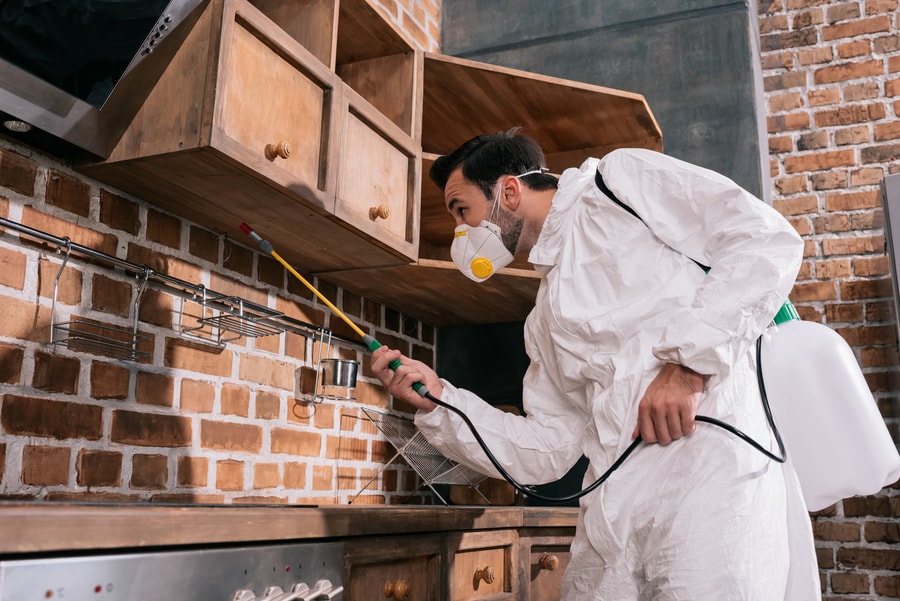How Long Do Pest Control Technicians Work?
Pest control technicians travel to clients’ homes and businesses to eliminate pests. They do this by using a combination of science, math, and critical thinking skills. They identify pests, develop strategies to remove them, and recommend preventive measures. In addition to removing infestations, pest control specialists can also repair structural damage caused by termites.
(Searching for “pest exterminator estimate“? Contact us today!)

Technicians typically work a full-time schedule. While some may only work part-time, others may work up to 40 hours per week. During the busiest seasons, their schedules can be very demanding. Fortunately, modern technology has simplified the process of scheduling appointments and service routing.
To be a good technician, you must be able to work in all types of weather. You’ll have to wear protective gear to minimize exposure to chemicals. Additionally, you’ll have to be able to bend and kneel in order to access infested areas. Having excellent communication skills and the ability to listen to your customers is also essential.
You’ll need to learn about the various laws regarding pesticides. Depending on your state, you may need to attend a training class to acquire a license. The training course is usually completed in less than three months.
Typically, you will need a high school diploma or GED to qualify for a pest control technician job. You’ll also need to have a valid driver’s license, good driving records, and some on-the-job experience. Most entry-level positions require at least a high school degree, although some jobs may require a GED or a bachelor’s degree.
If you’re looking for a pest control job, it’s best to apply online. This will allow you to easily access hundreds of jobs across the country. Also, you’ll cast a wide net when employers look for qualified candidates.
The number of hours you’ll need to work to earn a decent salary will depend on your location and the amount of experience you have. For example, if you live in a crowded city, your salary might be lower than if you work in a rural area. However, with the increasing need for pest control, the demand for technicians is always high. Those with experience may find jobs as supervisors or even start their own pest management companies.
A pest control technician typically works a full-time schedule. During busy seasons, you’ll be required to work more than just the typical eight-hour day. Often, you’ll have a busy schedule that involves working weekends and nights.
A good schedule can be difficult to achieve, especially if you’re balancing your personal life with your work. Many contractual agreements may require you to carry insurance. Make sure you discuss this with your employer.
Pest control is a highly competitive field. Because there is a high volume of applicants, it’s often hard to stand out. But it’s possible to secure a pest control job by building a personal network and developing a skill set that makes you attractive to potential employers.
Having a career in pest control can be a great choice for those who want to combine their interests in biology, chemistry, critical thinking, and customer service. Getting a pest control job can be a lot easier if you make use of Monster’s job matching program.

